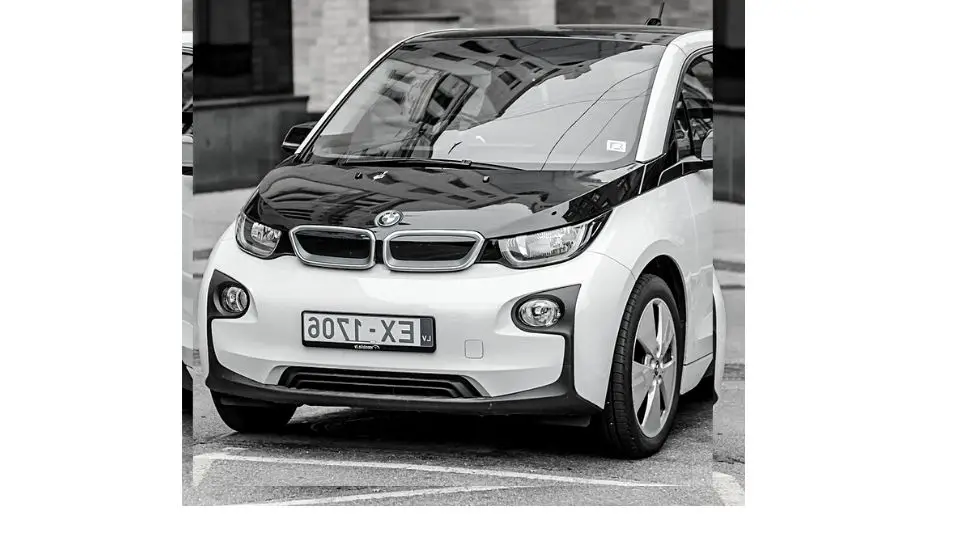Getting the facts on BMW i3 battery replacement costs can be like getting blood from a stone. Most BMW dealerships are not too forthcoming with information.
This makes it difficult to discover the real costs of replacing an i3 battery; however, I am here to help. In this post, I will give you a general idea of what you can expect to pay for a replacement i3 battery. Keep reading.
BMW i3 Battery Replacement Cost
The BMW i3 battery replacement cost is approximately $16,000. This is very expensive, but it’s also a lot less than some other electric cars on the market.
A Tesla Model S battery replacement can cost up to $20,000! The reason for this is that the BMW i3 uses a lithium-ion battery instead of a standard lead-acid battery.
Lithium-ion batteries are lighter and less prone to failure than traditional batteries, but they’re also more expensive to replace in the event of failure. The good news is that BMW expects its battery packs to last longer than any other electric car’s battery pack on the market today.
What Kind of Battery is in the BMW i3?
The BMW i3 has a lithium-ion battery mounted on the floor of the vehicle. This battery is charged by plugging into any household electrical outlet.
The battery can be charged from empty to full in about 4 hours using a level 2 charger and 24 hours with a level one home charger, but this will depend on your home’s electricity supply. The BMW i3 has a range of up to 80 miles on a single charge on older models and 154 miles on newer i3 models, depending on conditions and driving style.
How long do BMW i3 batteries last?
The average life span of a BMW i3 battery is between 3-5 years. However, this varies depending on the driving conditions and usage patterns of the owner.
For example, if you use your car for daily commutes and short trips around town, you can expect your battery to last longer than someone who drives long distances frequently and uses their car as a family vehicle.
The battery will also lose some capacity over time due to normal wear and tear – especially if you don’t properly maintain it. If you don’t take care of your battery properly, it could degrade faster than normal and need replacing sooner than expected!
Signs a BMW i3 battery needs replacing?
BMW i3 batteries are the most advanced and powerful in the industry, with a unique range of features. However, they are not immune to failure.
If you notice that your battery is losing power more quickly than normal or your range has decreased significantly, it could be time to replace it.
There are some common signs that indicate when you should replace your BMW i3 battery: • Your vehicle is taking longer to charge than normal.
- The battery indicator light on your instrument cluster is illuminated.
- Your vehicle does not start or does not run normally.
- You hear a clicking sound from underneath the hood when starting up or driving off.
If you have any of these signs, it’s important to get your BMW i3 battery replaced as soon as possible to avoid any further damage to your vehicle.
If you notice any other issues with your vehicle such as an electrical problem or engine issue, then you should also consider getting your battery replaced as these issues could be related and cause further problems down the road if not fixed immediately.
How do I check my BMW i3 battery Condition?
You can check your BMW i3 battery health by following these steps: Connect your iPhone or Android device to your BMW i3 through the BMW Connected app and select ‘Battery’.
This will open up a new menu with information about your battery’s performance, including what percentage of its original capacity it has left and how many charging cycles it has gone through.
On some models, you can even see details about when you last charged your vehicle and how much power was consumed over that period of time.
Summary
The BMW i3 battery is good for 3-5 years depending on usage. Lithium-ion batteries don’t last forever, and they do have a finite amount of power storage capability over time

